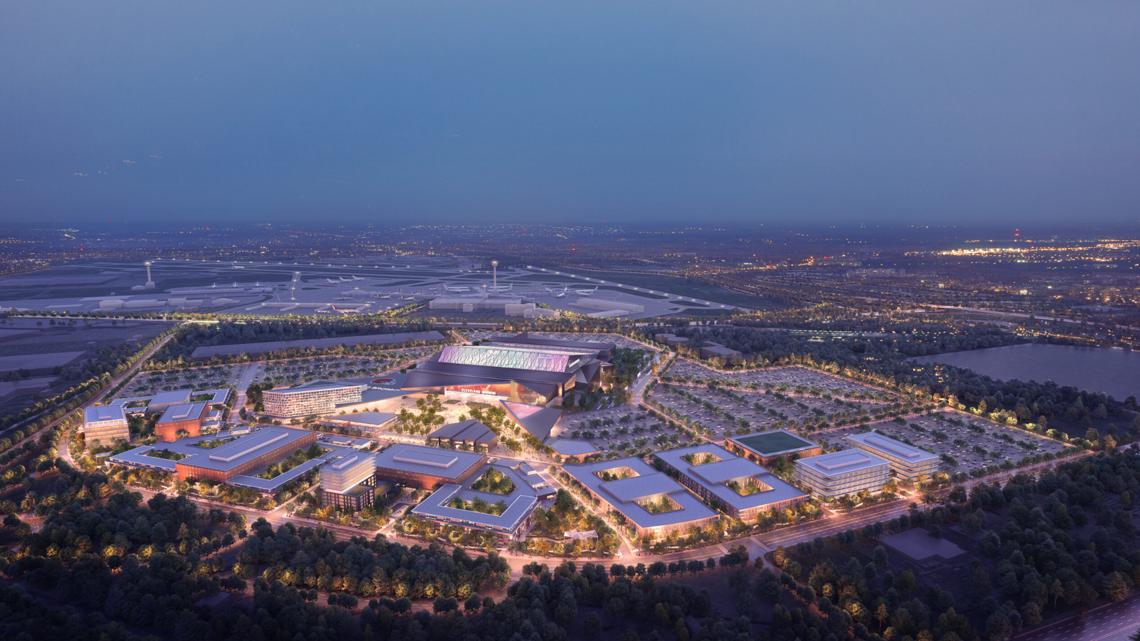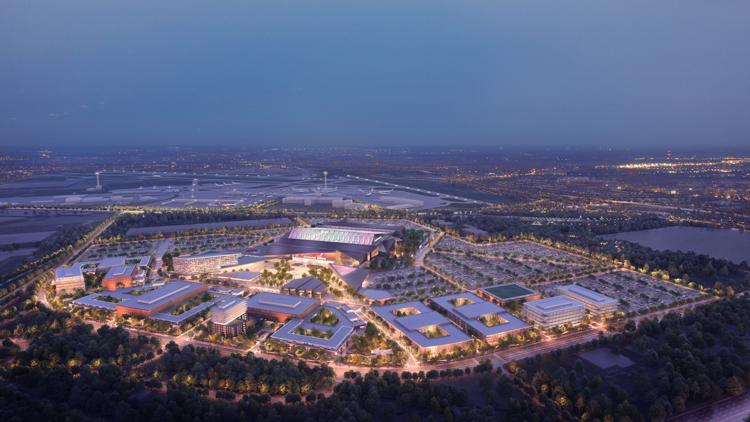

DeWine says the additional tax increase could generate anywhere from $130 million-$180 million per year.
CLEVELAND — With several professional sports teams in Ohio, including the Cleveland Browns, looking for assistance in building or renovating their facilities, Gov. Mike DeWine is proposing to raise the tax on gaming to help provide increased funding.
During his rollout of the budget for fiscal years 2026-27 on Monday, DeWine announced his plan to double the sports gaming tax in Ohio to 40%, creating the Sports Facilities Construction and Sports Education Fund in the process.
The additional tax increase could generate anywhere from $130 million-$180 million per year. The current allocation from the sports gaming tax for education in the state would not be touched.
Once enacted, DeWine explained the fund could be used to help fund professional sports facilities for major and minor league teams statewide. It could also be allocated to support youth sports education and other school extracurricular activities.
“Our citizens are giving every single day millions of dollars to the sports gaming companies,” DeWine said. “It’s time for use to raise the tax on them so we can do things to help Ohioans.”
So who would decide how the money is spent?
DeWine explained that the Sports Facilities Construction and Sports Education Fund would be run by a commission whose members would be appointed by the governor and Ohio General Assembly.
In DeWine’s proposal, the state’s share of a sports stadium would be capped at 40%.
“These sports gaming (companies) are extremely aggressive. They’re in your face all the time. They’re getting Ohioans to lose massive amounts of money every year,” DeWine stated. “And it seems to me only just and fair that some of the stadiums be paid for by a portion of it and it also seems fair that the young people that they’re targeting will get some benefit by playing sports.”
The announcement by DeWine comes as the Browns are seeking to build a new $2.4 billion domed stadium in Brook Park. The Haslam Sports Group has previously stated its intention to pay $1.2 billion, which does not include another $1 billion for the entertainment district surrounding the stadium. The other $1.2 billion would come via public money, although a specific public-private funding plan has not yet been announced.
According to a spokesperson for Ohio Senate Minority Leader Nickie Antonio (D-Lakewood), the Haslam Sports Group is looking for the state to cover around $600 million of the $2.4 billion price tag.
Could DeWine’s plant to hike the sports gaming tax provide enough money to cover that price?
“It certainly could be,” the governor said on Monday.
